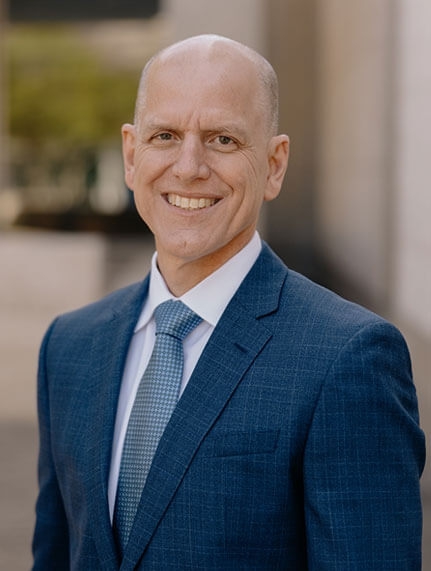On June 1, 2015, The United States Supreme Court decided EEOC v. Abercrombie & Fitch Stores, Inc.
U.S. Supreme Court rules that the employer doesn't have to have knowledge of employee's need for accommodation for employee to proceed with discrimination case.
In this case, Abercrombie refused to hire a Muslim because the head scarf she wore conflicted with the company's dress code. The EEOC sued on the prospective employee's behalf saying Abercrombie could have accommodated the prospective employee's religious practice without undue hardship. Abercrombie argued that they did not have knowledge of the prospective employee's need for an accommodation and, thus, they were not liable. The supreme Court disagreed. The Court found that if Abercrombie failed to hire the prospective employee because of her religion, they were unlawfully discriminating against the prospective employee. The Court said an employer may not use an applicant's religious practice, confirmed or otherwise, a factor in employment decisions. The prospective employee was not required to show she asked for an accommodation.
It will be interesting to see if this decision will also apply to other discrimination claims. For example, if an employee who is disabled (and the employer knows or suspects he/she is disabled) needs a work place accommodation for a disability but does not ask the employer for the accommodation and then the employer terminates him/her, can he/she still proceed with a disability discrimination case? This Supreme Court decision appears to say that the disabled employee can proceed with the case as long as the employee can show that the employer knew generally about his/her disability and the disability was a motivating factor in being fired. Thus, failure to ask for an accommodation would not be fatal to a disability discrimination case.

